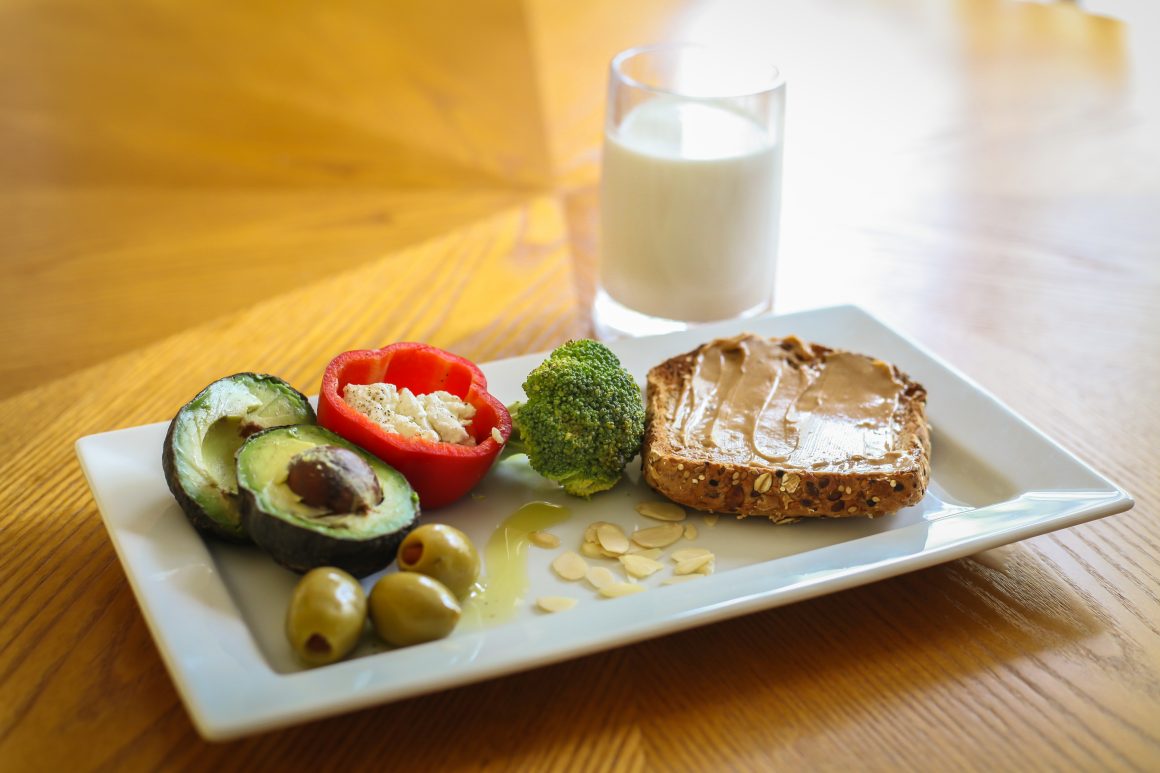
Feel full and happy on a high-fat diet
By Christie Melhorn, June 8 2017 —
The 1978 horror film Attack of the Killer Tomatoes is a cult classic because of its absurdity — how could anyone feel threatened by a vegetable?
The concept of fearing food can seem ridiculous. But it’s a very real phenomenon that can often carry serious consequences. In a body-conscious social landscape, the word “fat” is fear-inducing. When attached to food, it can deter us from eating beneficial foods or cause us to feel guilty when we do.
Thankfully, the stigma around high-fat food is being challenged by everyone from medical professionals to athletes. I recently realized how the low-fat, high-carb diet I tirelessly followed for the past month was hurting my body.
Last Monday, I woke up with an unusual appetite. I scarfed down two eggs, a salad, toast with Greek yogurt, an apple, a chicken sandwich and a tuna salad before noon — and I was still hungry. Nothing would fill me up.
My body knew what it needed — all I could think about was peanut butter. After almost eating an entire jar of Adams, I knew I had to abandon the diet I created based on online calorie trackers.
As awful as it was, the timing could not have been better. The next day, I had an appointment with nutritionist Dawn Hart at National Spine Care and Sports Medicine. Since she follows a holistic approach to nutrition, I told her about everything from childhood trauma to the fact I was burning through a can of chickpeas everyday.
While I was following a clean, whole-food-based diet, Hart immediately recognized I needed more fat. This was evident from a resting metabolic rate test I preformed at TCR Sports Lab a week prior. According to the test, my body was primarily burning carbs and sugar instead of fats, resulting in headaches and incessant hunger.
According to osteopathic physician Joseph Mercola, upping your fat intake to 50–85 per cent of your caloric needs boosts your metabolism, lowers inflammation and increases energy levels. He said the notion that eating fats makes you fat is a cultural myth. Fat-heavy diets actually promote weight-loss and maintenance by keeping you feeling full for longer.
However, not all fats are equal. Mono-saturated and saturated fats — such as those found in coconut oil and nuts — enhance brain function, stabilize insulin levels and can improve your skin. Industrially produced trans fats are found in many processed foods. According to the American Heart Association, trans fats raise cholesterol and increase the risk of heart disease. That means eating a bucket of KFC drumsticks everyday won’t have the same positive effect as peanut butter on toast.
Now that I have my nutrition plan, my kitchen is overflowing with avocados instead of sweet potatoes. Since I’d been conditioned by the societal fear of fatty foods, I was a little anxious to start my meal plan, but I’m grateful I did. My thinking is sharper, my body is more agile and I feel more connected to my surroundings.
While I now follow a fat-based diet, I still believe that balance is key to a healthy lifestyle. It is important to eat enough carbs and protein as well as fats. In the fall, the U of C Wellness Center offers nutrition workshops and you can also meet with a nutritionist to structure a plan. If that’s too far away, sports clinics in the city, like National Spine Care and Winsport, can also help you meet your dietary needs.
Sometimes when hunger strikes, you have to eat whatever is around. The occasional Snickers or bag of chips won’t kill you. But keeping your diet focused around whole, high-fat foods will make you feel fuller and happier.
